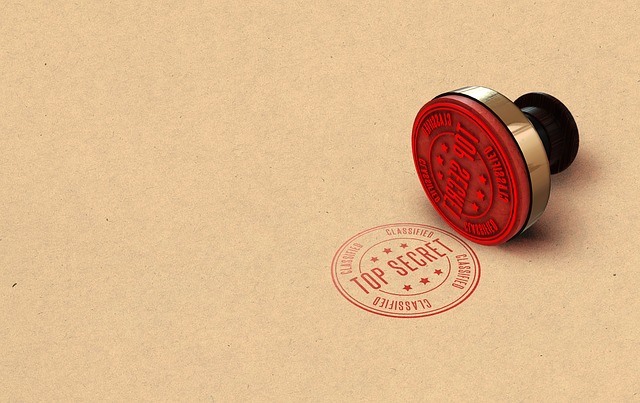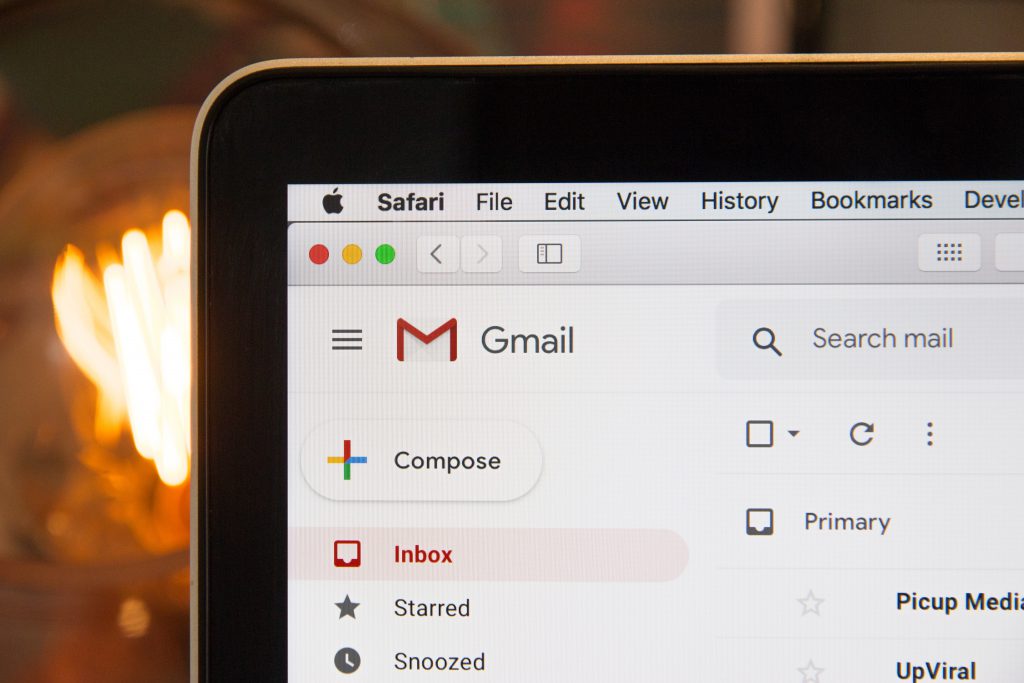 Pixomatic Team
Pixomatic Team
Hundreds of people can apply for the same job position. It’s called job hunting for a reason: you’re fighting for a spot, and the odds might not be in your favor. For this reason, your resume needs to stand out. People make the same mistakes that could be avoided easily. We’ve combined a list of dos and don’ts that you need to keep in mind while writing or polishing your resume!
Do properly format your resume
Use type fonts to draw your reader’s attention. Use bold sans serif fonts (Helvetica, Calibri) for the headings and serif fonts (Times New Roman, Cambria) for the rest of the text.
Don’t include obvious skills
Everyone knows how to use Microsoft Word. Remember, you do not have a lot of space to fill, so make sure that every word on your resume counts. Include skills that are relevant to the job you’re applying to or skills that make your application stand out.
Do show off your tech skills
The world depends on science, technology, engineering and mathematics (STEM). Even if you’re not applying for a STEM job, make sure to mention your tech skills such as big data analysis, technical writing, coding, Search Engine Optimization (SEO), and video editing. These skills will add points to your resume and make you shine in a world that revolves around technology.

Don’t use a crazy template
Crazy templates are distracting. Hiring managers go through hundreds of resumes per day, especially if they work at a big company. They don’t have a lot of time on their hands. So, don’t use more than two fonts and avoid crazy colors, unless you’re a designer and you know what you’re doing.
Here’s a tip: open your document on Google Docs and Microsoft Word to see how it looks. Make sure the formatting looks consistent no matter what type of software the hiring manager is using. Better yet, send your resume as a PDF file; that way, you won’t have to worry about formatting issues.
Do mention references
If your employer requests you to mention references, include their names and contact information on the references page, which complements your resume. Make sure to communicate with your references and give them a heads up that a hiring manager or future employer might call them or send them an email to ask about you. Keep your references updated if your job hunting goes longer than expected.
Don’t include confidential information about your previous jobs
This seems obvious, but according to Laszlo Bock, the former Senior Vice President of People Operations at Google, 5 to 10% reveal confidential information on their resumes such as client names. What does that tell to hiring managers? That they should never hire those people.

Do use keywords
Use the keywords that are included in the job description to increase your chances of having your resume screened. HR specialists use software that helps them narrow down the applicant pool. The software selects the resumes that contain keywords, such as skills, that are included in the job description. The HR specialist then reads and reviews the resumes carefully. For this reason, you should tailor your resume for each position you are applying to.
Don’t use buzzwords
Hiring managers have had enough of buzzwords. Terms such as “results-driven” and “detail-oriented” are meaningless, empty, and do not add value to your resume. Instead, use these action words that will refine your resume.
Do use a professional email address
Emails such as cutebabe92@whatever.com are deal-breakers. Use a professional email address that contains your name or initials. Details like that matter more than you think.

Don’t include your high school education
Don’t elaborate on your high school education if you’re a college graduate because it’s old news. Focus on the accomplishments and activities you did in college unless a high school diploma is the highest education degree you hold.
Do proofread, proofread, and proofread
Always proofread before submitting anything: an assignment, a cover letter, or a resume. Typos tell the hiring manager that you do not pay attention to detail, and that's a red flag. You want your resume to be polished as much as possible. One mistake could cost you a job interview. Use writing tools such as Grammarly to check your spelling, vocabulary, and syntax. Better yet, ask a trusted friend of yours to read your resume and spot mistakes you did not notice.
Don’t forget about social media
Hiring managers might look you up on social media to learn more about you. According to CareerBuilder, 70 percent of hiring managers use social media as a screening tool. If your accounts are public, make sure they don’t feature controversial content such as inappropriate posts. Your profile should display your best image.
Good! Now that you know the dos and don’ts of writing a killer resume, go and revisit yours! Happy job hunting!




